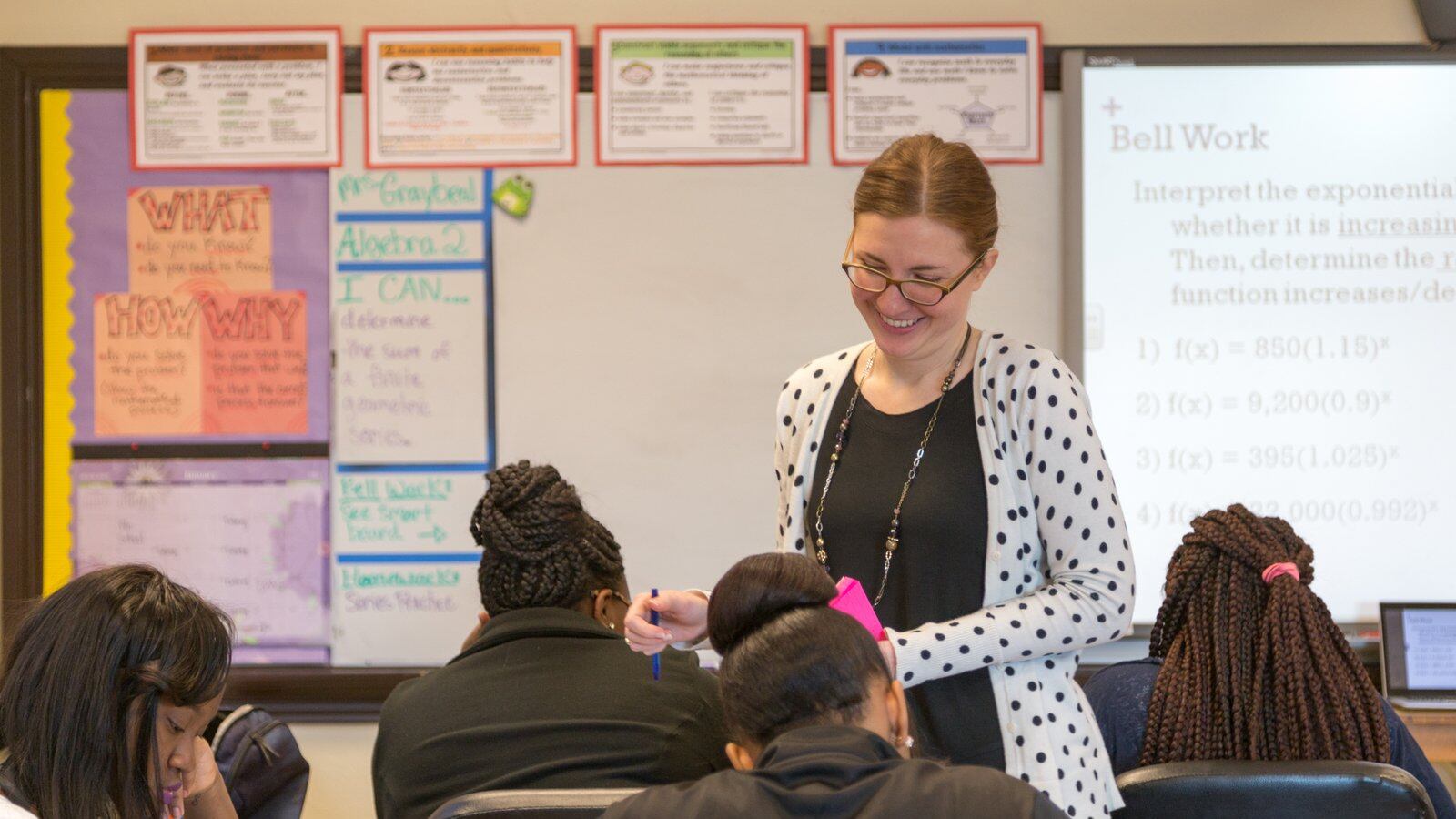Like many educators in Tennessee’s largest school district, Comeshia Williams was a little confused about her first paycheck of the new school year.
A 17-year veteran of Memphis schools, Williams and her colleagues at Northaven Elementary School got their first check in mid-August. But their salaries didn’t reflect the 3 percent raise allotted for top teachers under Shelby County Schools’ 2016-17 budget.
“The whole pay scale for the district has changed over the past few years,” Williams said. “There hasn’t been a lot of conversation. That’s led to a lot of confusion among teachers.”
Details about the new compensation plan emerged last week when Superintendent Dorsey Hopson emailed teachers with an update.
Educators will get the raise if they rank a 3, 4 and 5 on a scale of 1 to 5 on their last evaluations, he wrote. That includes not only teachers but librarians, counselors, instructional facilitators, coaches, social workers and psychologists. (Last year, 89 percent of district educators scored a 3, 4 or 5 on their evaluations.)
Hopson said the increases will show up in teachers’ paychecks beginning in October after the district receives teacher performance data from the State Department of Education. The raises will be retroactive.
In Tennessee, teacher evaluations are tied to student scores on the state’s standardized tests. But due to the cancellation of TNReady tests for grades 3-8 last spring, Shelby County Schools will rely on guidance from the State Department of Education’s evaluation model for rating teachers of those grades, said district spokeswoman Kristin Tallent.
Evaluations for high school teachers will still include student test scores, since TNReady wasn’t canceled for those grades. But those scores are a source of anxiety for secondary teachers, said Josalyn Tresvant, an instructional facilitator at Kate Bond Elementary School and a former teaching fellow with the U.S. Department of Education.
“We’re not confident the data will truly reflect the hard work put into students. There was so much stress surrounding the rollout of the test,” Tresvant said.
Tikeila Rucker, a district teacher and president of the United Educators Association, was surprised to learn that the district will plug TNReady data into evaluations for high school teachers.
“We were petitioning that all teachers receive a raise this year,” Rucker said. “I don’t really understand waiting to factor in results from a test that wasn’t ready. … But the fact remains that cost of living keeps increasing and our pay hasn’t, so this raise will be a very good thing for most of our teachers.”
Shelby County’s raise is being funded using new state money for teacher pay increases, according to Tallent.
This spring, the legislature approved Gov. Bill Haslam’s plan for a 4 percent increase for Tennessee’s K-12 educators. However, not all teachers will see that increase in their paychecks because of a provision that gives spending leeway to districts that already match or better the state’s weighted average salary of $43,216. Shelby County Schools has the highest average weighted salaries in the state at $54,187. (Read Chalkbeat’s explainer on why the disbursement of Tennessee’s two-year investment in teacher raises can vary from district to district.)
This year’s raise by Shelby County Schools will be the second significant increase for teachers since the 2013 merger of Memphis City Schools and legacy Shelby County Schools. The district awarded raises in 2015 based on seniority. This year’s raises are the first awarded based on performance.
Tresvant said the change in how the district awards raises is all the more reason to clearly communicate the process.
“They need to be even more transparent in their messaging around raises,” Tresvant said. “It would have been awesome to know at the beginning of the year what was going on, so teachers weren’t questioning or confused. Teachers don’t want to feel like this is coming on the backend.”

